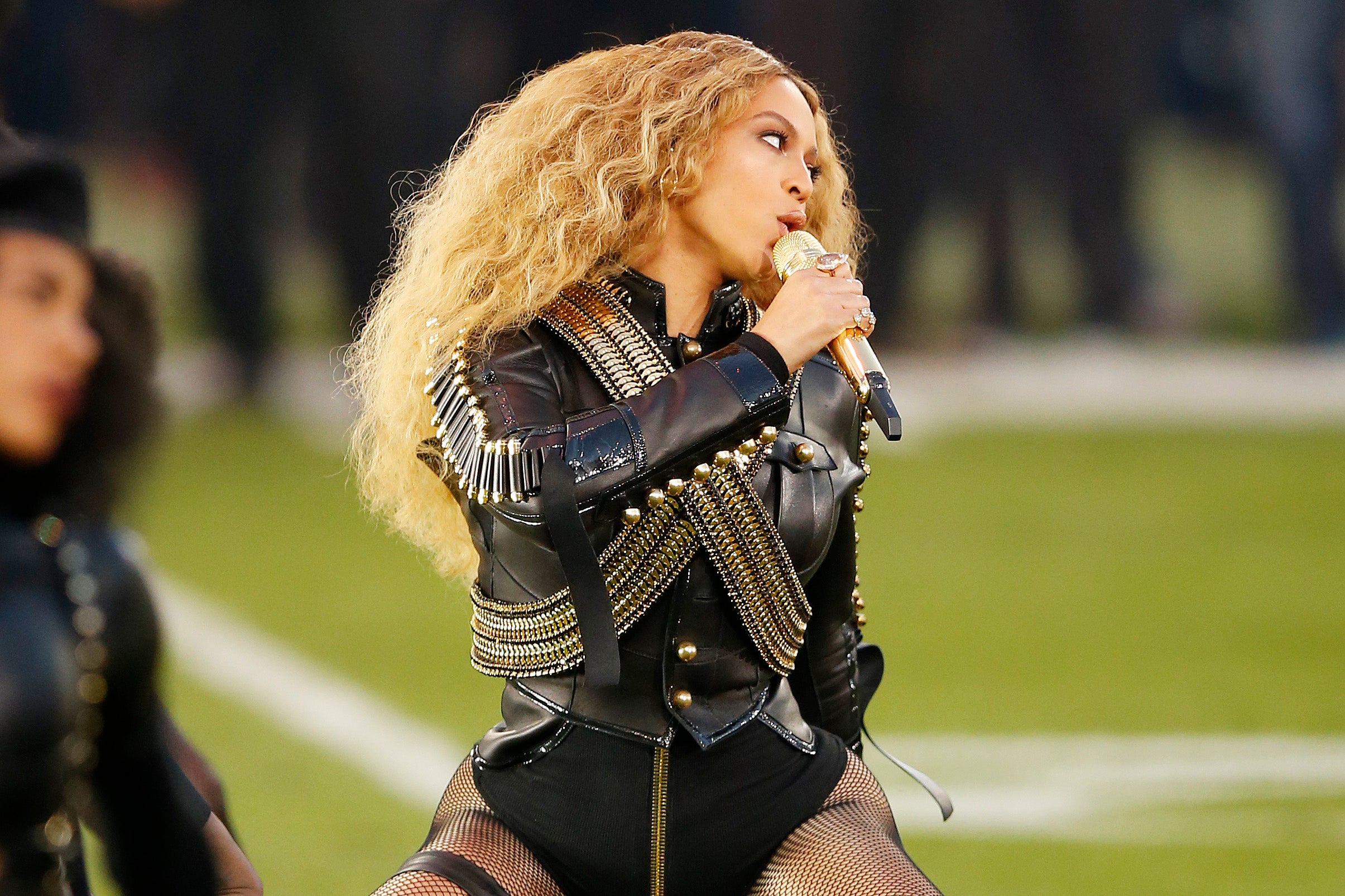Ticketmaster CEO reveals why you're doomed from the start when it comes to the biggest gigs
Four reasons you will never get the best tickets

Your support helps us to tell the story
From reproductive rights to climate change to Big Tech, The Independent is on the ground when the story is developing. Whether it's investigating the financials of Elon Musk's pro-Trump PAC or producing our latest documentary, 'The A Word', which shines a light on the American women fighting for reproductive rights, we know how important it is to parse out the facts from the messaging.
At such a critical moment in US history, we need reporters on the ground. Your donation allows us to keep sending journalists to speak to both sides of the story.
The Independent is trusted by Americans across the entire political spectrum. And unlike many other quality news outlets, we choose not to lock Americans out of our reporting and analysis with paywalls. We believe quality journalism should be available to everyone, paid for by those who can afford it.
Your support makes all the difference.Didn’t get that ticket to see Adele? Your favourite band? Perhaps you live in the US and were hoping to go to the Super Bowl? It turns out you never stood a chance of getting those tickets.
According to ex-Ticketmaster CEO Nathan Hubbard, there are four main reasons you will hardly ever be able to get those precious tickets to the big events.
In an article for The Ringer, he first explains that tickets never actually go on sale when they’re meant to. As is widely publicised, members of certain clubs get early access to tickets (whether through promotional deals or being a member of a select fan club).
Unfortunately, many members of those clubs are touts - people using fake names to buy tickets and sell them on for inflated prices. For instance, despite Adele’s best efforts to deny these people tickets, some were selling for upwards of £24,000 on resale websites.
Secondly, Hubbard explains how, more often than not, a huge percentage of the tickets are held back for the artist/sports team and their entourage. Add onto that tickets held for promoters, managers, record label bosses, and it turns out very few tickets actually make it to general sale at all - and you definitely won’t get that prime seat, as they’ve already gone to the most important people in the room.
Thirdly - and most shockingly - the ex-CEO claims promoters purposely sell tickets to touts or sell directly on the second-hand market themselves. Why? Because instead of openly charging more money, promoters can sell tickets on second-hand websites for inflated prices without seeming like the 'bad guys' selling super expensive tickets.
There’s no mention of which artists use this practice, but Hubbard does talk about the Super Bowl and NBA, claiming players often sell their own tickets for hugely inflated prices. He concludes that up to 90 percent of tickets don’t make it to general sale.
However, even when those 10 percent of tickets do go on sale, the chances are a robot will have bought them already. Basically, there are computer programs that are able to purchase tickets the moment they go on general sale, giving us regular folk no chance at legitimately buying tickets.
It’s pretty much all doom and gloom, but there are ways we can fix the problem. First of all - and this isn’t exactly a fix we’re all wanting - artists could charge more for tickets. Not excessive amounts more, but the price fans are willing to pay; that way the artist won’t have to rely on second-hand sales to make money.

Secondly, technology should be implemented to prevent second-hand sales. For instance, when you purchase a Glastonbury ticket, you have to present a passport photo which is placed onto your ticket. Not only that, but the photo has to be registered months before the tickets go on sale and is non-transferable (so don’t go buying second-hand Glasto tickets). While not practical for smaller events, for things like the Super Bowl this should be applicable.
Thirdly, Hubbard suggests a screening system that checks whether you are a real fan. He doesn’t detail what this system is, admitting it is unproven and risky to implement as may violate customer privacy, but the technology apparently exists.
Unfortunately, the battle for those Beyoncé tickets still rages on, but hopefully something will happen and one day, just maybe, more than 10 percent of those shows will be available to the human public.
Join our commenting forum
Join thought-provoking conversations, follow other Independent readers and see their replies
Comments